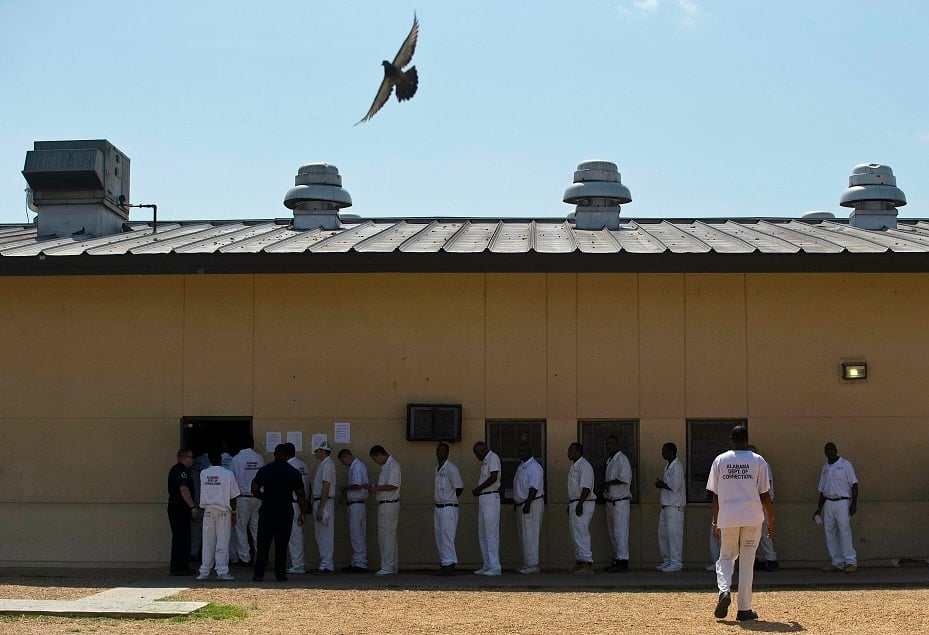(CN) — Trenna Furrh will never forget the sweltering summer she spent at Lucile Plane State Jail in Texas, even if she has a hard time finding words to fully describe it.
The summer of 2018 was hell, the 68-year-old former inmate said, like being trapped in a hot car for months on end.
Heat is associated with increased violence — and on hot days at Plane, fights sometimes broke out over fans. Furrh says she didn’t participate: She was too old to be fighting other inmates, and besides, she thought the fans just blew hot air around.
Instead, in an effort to stay cool, Furrh took cold showers in her clothes. She sometimes avoided meals other than breakfast, which was served before metal tables in the mess hall got hot to the touch.
None of these techniques worked as much as Furrh would have hoped. “You are shrouded in heat,” she recalled in an interview. “I can’t express in words how horrible it is."
During the Texas legislative session this year, Furrh was part of a broad coalition hoping and pushing for new limits on dangerous heat in Texas prisons. There are currently no rules regulating extreme heat in these facilities, where temperatures in units without air-conditioning regularly climb over 100 degrees Fahrenheit in the summer. Much of Texas is also very humid, making extreme heat more dangerous.
Texas officials claim there have been no heat-related deaths in Texas prisons for more than a decade, but many prisoners say they've been denied aid in the heat and believe prison officials would cover up their death if heat killed them, a damning report found last year.
Advocates, including prison guards, say addressing extreme heat would save expenses from lawsuits and medical emergencies, reduce staff turnover and tamp down on violence. For others, it's just about dignity. "You feel more human" with AC, Furrh said. "You're not tortured with the heat."
This year, at least four bills in the Texas House took aim at extreme heat in Texas prisons. Prominent lawmakers from both parties supported the bills — but when the regular legislative session ended last month, every bill addressing Texas prison heat was dead in the water.
It was a familiar trend for Texas, which has for years failed to tackle extreme heat and other issues in its state prison system, one of the biggest in the country.
That trend continues even as the climate warms, the prison population ages and the costs of fighting prisoner lawsuits mount. In 2018, after a yearslong legal battle with prisoners, Texas prison officials agreed to install air-conditioning at one prison near Houston after a federal judge said it was "literally a life-and-death issue."
The efforts to ban extreme heat in Texas prisons were just one of many prison reforms to die in the Texas legislature this year. Among others were efforts to directly fund prison air-conditioning, rein in the use of solitary confinement and create new early release guidelines for terminally ill prisoners.
For Furrh, the failure of these bills confirmed a fact she already believed: Texas doesn't care about the people it locks up. If anything, we want them to suffer.
“I was very disappointed,” she said. “I wasn’t surprised.”
One of the most prominent efforts to ban prison heat this year came in the form of House Bill 1708. The one-page bill would have simply required Texas prisons to remain between 65 and 85 degrees Fahrenheit. Texas law has mandated this standard for county jails since at least 1994.
Terry Canales, a charismatic Democratic lawmaker from South Texas, authored the bill. In introducing it to the House Corrections Committee this year, Canales argued that "we don't even allow people to treat dogs like this."









